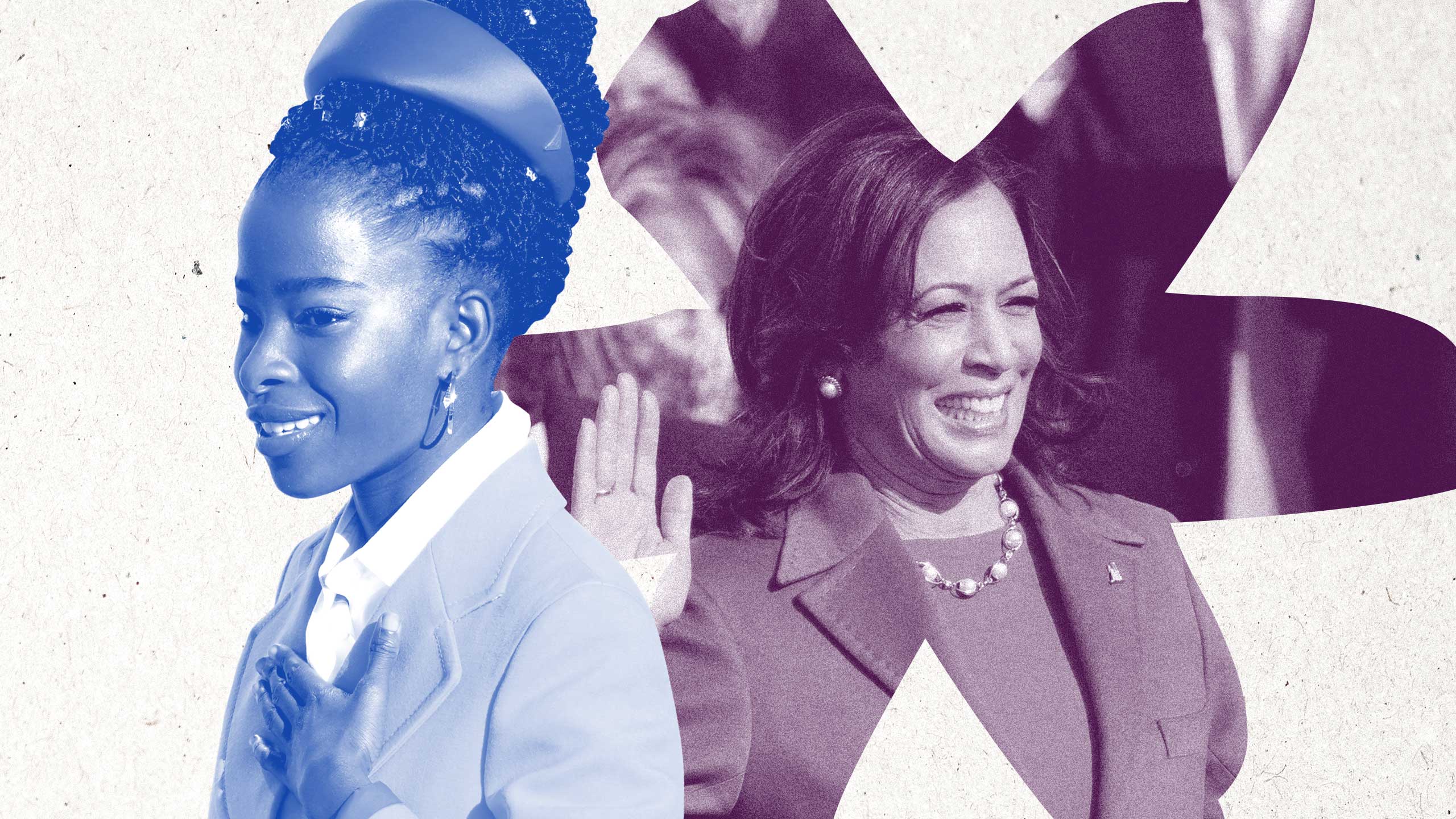Hi there. This is senior editor Zaina Arafat. I’m a newbie to Xtra’s weekly roundup of queer news, culture and politics, so a bit more about myself: I’m a novelist, teacher and poetry-lover living in Brooklyn. And, perhaps like the rest of you, I’ve been awed and baffled by recent events, struggling to make sense of it all. So let’s dive into the news and see if we can figure some things out. But don’t forget: This is just a sample. Subscribe to Xtra Weekly for a more expansive collection of useful LGBTQ2S+ news.
What’s the buzz? 🐝
The first question on my mind this week was: What’s that sound? Ah… silence.
It’s a week into the Joe Biden administration, and I’ve been adjusting to the quiet and easing into the change. I much prefer scrolling through Bernie memes than Trump tweets. I’m getting used to watching the news with my jaw unclenched, and not constantly bracing for the next policy shock or collective insult. And it’s certainly a relief to hear politicians acknowledge rather than deny our ills, including systemic racism, xenophobia and climate change. As soon as the inauguration ceremony ended, Biden made his televised way to the Oval Office to preside over a slew of rollbacks and reversals of some of the most heinous of Trump’s executive orders, including issuing a 100-day ban on deportations, lifting the Muslim ban, rejoining the Paris Agreement on climate change, extending federal nondiscrimination protections to members of the LGBTQ2S+ community and repealing the ban on trans people serving openly in the military.
Indeed, the last seven days have seemed to usher in an era of restoration to decorum and procedure, to regular press briefings, to health officials speaking frankly, unsilenced by fear, to stillness.
What continues, of course, is the virus (we’ve collectively surpassed 100 million cases this week), along with vaccine distribution, which is proceeding far less quickly. Though the populations eligible to receive vaccines have increased—with problematic exceptions—supply, at least in the short term, looks increasingly dicey. As an in-person educator, my own vaccination was scheduled for this past Monday here in Brooklyn, only to be canceled Sunday night due to low supply. Next Monday I will head into a classroom full of cohabitating college students, protected only by a N95 mask and a face shield.
What were we thinking? 😩
But beyond the pandemic, overhanging this quotidian calmness is a danger—which may explain why I find myself anxious in the face of this supposed return to “normal.” (As a queer first-generation American of colour, I can tell you that an African-American, Asian-American female vice president flanked by a supportive first husband is a digression from the norm.) As Kamala Harris took her oath, followed shortly by Biden, I began to cry as so many of us did. I was coming off some serious Obama nostalgia (just the sight of those two makes me weep with longing), as well as the after-effects of hearing a fierce and gorgeously-rendered poem, but mostly my tears were a release from years of manipulation, gaslighting and existential threats. When Trump was first elected, I experienced a radical cognitive dissonance. How could the same students who I taught for several years at the University of Iowa, a state that went red that year, simultaneously respect me and vote for that man? On that day over four years ago, I felt negated. Today, I wonder how safe I feel in a country where 72 million people still voted for him after all that he’s done. Trump has now insulated himself but he hasn’t disappeared (with a looming impeachment trial for inciting an insurrection against the government, he really can’t), nor have his supporters.
Alongside the danger of all this is the danger of not processing the pain and trauma of the last four years, of letting it fester inside. I am here to say it’s okay to stop, to acknowledge that trauma, to mourn for it, to actively let it go.
To help us along in our healing process, I personally couldn’t be more grateful for another instalment of “Ask Kai: Advice for the Apocalypse.” Kai Cheng Thom always has something profound to say on the insidious ways of trauma. This week, Kai provides valuable insights into identifying abuse and channeling healthy anger. I felt soothed by Casey Plett’s exploration of transness and addiction, the latter often a byproduct of trauma, in the HBO coming-of-age series Euphoria. And I felt no guilt for allowing myself to indulge in the delicious comfort food that is Season 13’s RuPaul’s Drag Race.
Other Xtra news
👉Contributor Jesse Locke talks to queer R&B singer Quinton Barnes about his latest album, his surprising musical influences and presenting contradiction.
👉 Kevin O’Keefe heads across the pond to serve us all the tea on Drag Race UK.
👉 Want more headlines? Subscribe.
Gifbox
She couldn’t have said it better…



 Why you can trust Xtra
Why you can trust Xtra


